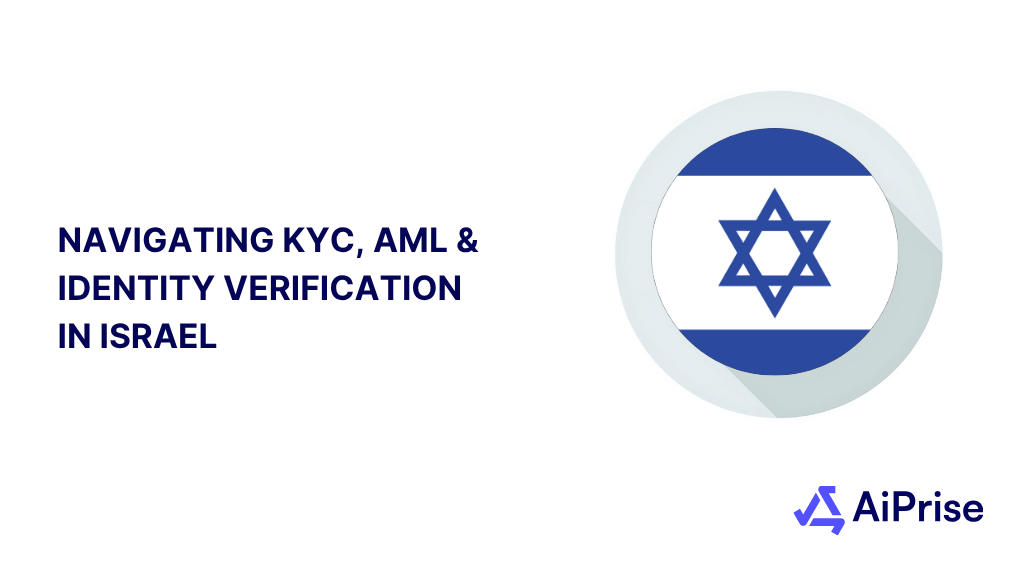AiPrise
12 mins read
June 6, 2025
Navigating KYC, AML and Identity Verification in Costa Rica

Key Takeaways










In today’s digital economy, financial businesses across the globe must adhere to strict regulatory frameworks to prevent financial crimes such as money laundering and fraud. Costa Rica, as a key player in Latin America’s growing fintech sector, is no exception.
For companies operating in or with Costa Rica, it’s essential to understand the KYC (Know Your Customer) and AML (Anti-Money Laundering) regulations to stay compliant and secure.
This blog provides an overview of Costa Rica's regulatory environment, the key documents used for identity verification, the challenges businesses may face, and best practices to ensure compliance.
Let's explore the essential details of operating in Costa Rica while meeting these critical regulatory standards.
The Evolution of Verification in Costa Rica
Verification in Costa Rica has evolved over time, driven by national needs, technology, and global financial integration. Here's a concise overview of the key stages.
Pre-1990s:
Before the 1990s, verification in Costa Rica was based on the Cédula de Identidad, the National ID card issued by the Tribunal Supremo de Elecciones. Verification was done manually, with physical checks of the cédula. This process relied on trust, as there were no formal anti-money laundering (AML) or know-your-customer (KYC) regulations in place.
1990s-2000s:
Costa Rica began implementing AML laws in the 1990s due to increasing global connections and concerns about financial crime. Law 7786 (1998) introduced the first AML rules, and Law 8204 (2002) strengthened the legal framework against money laundering and terrorism financing. During this period, SUGEF started overseeing financial institutions, and computerization began allowing basic identity checks in the financial sector.
2000s-Present:
From the mid-2000s, Costa Rica aligned with global standards, with FATF and GAFILAT evaluations driving stronger regulations. CONASSIF and SUGEF enforced more sophisticated KYC/AML rules, and digital ID verification became widespread. Costa Rica adopted technologies like Civil Registry checks and biometrics to enhance security. The scope of verification extended beyond finance to include non-financial businesses, reflecting the country’s broader commitment to fighting financial crime.
Now that we’ve explored the historical evolution of verification in Costa Rica, let's understand the current regulatory framework that governs KYC and AML practices in the country.
Understanding Costa Rica’s Regulatory Framework
Costa Rica has a strong regulatory system to prevent financial crimes like money laundering and terrorism financing. The country follows international standards set by the Financial Action Task Force (FATF), of which it is a member.
The main law in Costa Rica for KYC and AML compliance is Law No. 8204 on the Prevention of Money Laundering. This law requires businesses to verify their customers and take steps to prevent illegal financial activities.
Additionally, Costa Rica has Regulations for the Prevention of Money Laundering and Financing of Terrorism. These regulations outline clear procedures for businesses, such as customer due diligence (CDD) and enhanced due diligence (EDD) for high-risk customers.
Businesses must identify clients' sources of funds and monitor transactions for suspicious activity. They must also keep detailed records for at least five years and report anything suspicious to the Financial Intelligence Unit (UIF).
Failing to comply with these regulations can lead to serious penalties, including fines, suspension, or even criminal charges.
So, let’s first identify the key laws and authorities in Costa Rica.
The Regulatory Framework: Key Laws and Authorities
To operate in Costa Rica, businesses must understand the primary laws and regulatory bodies that govern KYC and AML procedures.
Key Laws
The following laws establish the legal framework that guides business operations and enforces compliance with KYC and AML standards:
- Constitution: The Supreme law governing all legal matters.
- General Public Administration Law: Rules for government procedures.
- Citizen Protection Law: Reduces unnecessary paperwork for citizens/businesses.
- Competition Law: Prevents monopolies and protects consumers.
- Commercial & Labor Codes: Regulate businesses, contracts, and worker rights.
- Penal Code: Defines crimes and punishments.
Main Regulators
Various government bodies and independent agencies oversee sector-specific regulations. Each regulator plays a distinct role in ensuring legal and financial compliance, as mentioned below:
- Ministries (e.g., Economy, Health): Create sector-specific rules (e.g., trade, food safety).
- Independent Agencies:
- SUGEF (Superintendencia General de Entidades Financieras): Supervises banks and financial institutions.
- SUGEVAL (Superintendencia General de Valores): Oversees stock markets.
- SUGESE (Superintendencia General de Seguros): Regulates insurance companies.
- SUPEN (Superintendencia de Pensiones): Manages pension funds.
- Regulatory Improvement Commission: Simplifies rules to reduce red tape.
- Supreme Court: The highest legal authority that resolves disputes and protects rights.
How It Works
Here are the three key steps involved in the functioning of the regulatory system in Costa Rica:
- Laws are passed by the government and published in La Gaceta (official gazette).
- Ministries/Agencies enforce rules in their areas (e.g., Health Ministry for medicines).
- Courts ensure laws are followed and protect constitutional rights.
Apart from this, you need to be aware of the following significant authorities in Costa Rica.
- Financial Intelligence Unit (UIF): As Costa Rica’s primary financial watchdog, the UIF monitors financial transactions, identifies suspicious activity, and enforces AML regulations. It plays a central role in Costa Rica’s efforts to combat financial crime.
- Central Bank of Costa Rica (BCCR): The BCCR is the key regulatory authority overseeing the financial institutions in Costa Rica. It enforces KYC and AML compliance, ensuring that businesses follow the correct procedures and maintain sound practices.
Next, let’s examine the key documents required for identity verification.
Key Documents for Identity Verification in Costa Rica
In Costa Rica, businesses must verify the identity of their customers to ensure compliance with KYC regulations. The following documents are commonly used for identity verification:
- National Identity Card (Cédula de Identidad): The Cédula de Identidad is the primary identification card for Costa Rican citizens. It includes essential personal information such as name, date of birth, and a unique identification number. This document is used for most legal and financial transactions within the country.
- Passport: Costa Rica accepts passports as valid identification documents for foreigners and those traveling abroad. Passports contain personal details, a photograph, and travel information and are often used to verify the identities of international customers.
- Driver’s License: The Costa Rican driver’s license is also used for identification purposes. It includes basic personal details and a photograph, making it a widely accepted form of ID in local financial and legal transactions.
- Residence Permit: Foreign residents in Costa Rica are issued a residence permit, which serves as proof of legal residence. The permit includes the holder’s details and may include biometric data.
While these documents are essential for verifying customer identities in Costa Rica, businesses must also understand several challenges in ensuring the accuracy and security of these verifications.
Challenges in Identity Verification and KYC/AML Compliance

Despite a clear regulatory framework, businesses in Costa Rica face several challenges when it comes to KYC and AML compliance.
- Diverse Identification Documents: Costa Rica uses various forms of identification, including national IDs, passports, and driver’s licenses. Each document has different security features, which can complicate the verification process. Businesses need robust systems to verify these documents accurately and consistently.
- Language Barriers: Costa Rican official documents are typically in Spanish. For international businesses, this language barrier can create complications, especially when verifying foreign documents or translating terms for compliance purposes.
- Fraud Risks: Document fraud remains a significant risk in Costa Rica. Criminals may attempt to use forged or altered documents to deceive businesses. With the rise of digital manipulation technologies, it’s critical to use advanced identity verification methods to detect fraudulent documents and activities.
- Constant Regulatory Changes: As with many countries, Costa Rica's regulatory environment is continually evolving. Keeping up with changes to KYC and AML regulations requires businesses to remain vigilant and flexible in adapting their compliance processes.
The Role of Technology in KYC and AML Compliance
Relying solely on manual procedures for KYC and AML compliance is increasingly inefficient in the digital age. Modern technology, however, is transforming the way businesses handle these requirements.
By automating KYC and AML checks, companies can save time, reduce human error, and improve the accuracy of their compliance efforts.
Automation and AI in KYC/AML Checks:
Artificial Intelligence (AI) and machine learning are now key players in streamlining compliance. These technologies can instantly analyze large volumes of data and identify patterns that might go unnoticed by human employees.
For example, AI-powered systems can quickly verify a customer's identity using biometric data, such as facial recognition, or scan public records for potential risks.
Global Data Integration for Real-Time Verification:
One of the biggest advantages of modern technology is the ability to integrate global data sources. Businesses can access verified data from multiple identity vendors, ensuring that they have accurate, up-to-date information about their customers.
This integration allows for real-time identity verification and reduces the risk of fraud. Companies can verify customers from over 200 countries, ensuring they comply with international standards.
Reducing Human Error and Fraud Risk:
Manual KYC and AML processes are susceptible to mistakes. For instance, a simple data entry error could lead to compliance issues or allow fraudulent activity to slip through the cracks. By using automated systems, businesses can reduce the risk of human error and improve the accuracy of their compliance checks.
Efficiency and Cost Savings:
Using automated tools for KYC and AML checks reduces the time and resources spent on manual verification processes. This can lower operational costs and allow businesses to focus on other critical areas. Automated systems also ensure that businesses are always up to date with the latest regulations, reducing the risk of fines or penalties.
Best Practices for Businesses to Ensure Compliance

Given the regulatory challenges in Costa Rica, businesses must adopt effective strategies to meet compliance requirements. Here are a few best practices:
- Adapt to Local Regulatory Standards: Businesses should use domestic identity verification systems to ensure they meet Costa Rican regulatory standards. By utilizing government-backed verification methods, such as Cédula de Identidad checks, businesses can streamline the KYC process and enhance accuracy.
- Focus on Enhanced Due Diligence (EDD): For high-risk clients, such as politically exposed persons (PEPs) or customers from high-risk industries, businesses should perform Enhanced Due Diligence (EDD). This includes deeper background checks and transaction monitoring to detect suspicious behavior and prevent financial crime.
- Ongoing Monitoring: KYC and AML processes should not be a one-time effort. Continuous monitoring of customer transactions is necessary to detect any suspicious activities. Businesses must update their customer records regularly and maintain comprehensive logs of all transactions.
- Use Reliable Compliance Solutions: With the evolving regulatory landscape in Costa Rica, businesses can benefit from using compliance solutions like AiPrise. AiPrise provides advanced tools for real-time identity verification, fraud prevention, and AML monitoring, ensuring that businesses remain compliant with both local and international regulations.
AiPrise: A Solution for KYC, AML, and Risk Management
AiPrise offers a comprehensive platform for businesses in Costa Rica to meet KYC, KYB, and AML requirements. With access to over 100 global data sources, AiPrise enables accurate identity verification and business validation.
This platform helps companies minimize fraud risks and comply with regulatory standards.
KYC and KYB Solutions:
AiPrise integrates data from various global and local sources, allowing businesses to verify customers and business owners quickly and accurately.
AML Tools:
AiPrise’s AML tools detect suspicious financial activities such as money laundering and terrorist financing. The platform stays updated with evolving regulations, helping businesses stay compliant and reduce risks.
Real-Time Compliance Updates:
As regulations continue to change, AiPrise provides real-time updates, ensuring that businesses can adjust their compliance strategies swiftly and avoid potential fines or penalties.
AiPrise empowers businesses to efficiently manage KYC, AML, and risk compliance in a constantly changing regulatory environment.
Conclusion
Navigating KYC, AML, and identity verification regulations in Costa Rica can be complex. However, with the right systems in place, businesses can ensure compliance, reduce fraud risks, and operate with confidence.
Adopting AI-driven identity verification solutions like AiPrise helps businesses streamline their KYC and AML processes, stay up to date with regulatory changes, and ensure secure operations.
Ready to simplify your compliance processes? Book a Demo with AiPrise today and discover how our platform can help you stay compliant, secure, and efficient in Costa Rica.
Frequently Asked Questions (FAQs)
1. What are the main KYC and AML laws in Costa Rica?
The primary laws include Law No. 8204 on the Prevention of Money Laundering and related regulations. These laws require businesses to verify customers’ identities, monitor transactions, and report suspicious activities to the Financial Intelligence Unit (UIF).
2. What documents are accepted for identity verification in Costa Rica?
Commonly accepted documents include the National Identity Card (Cédula de Identidad), passports, driver’s licenses, and residence permits for foreigners.
3. Who are the main regulatory authorities overseeing KYC and AML compliance?
Key regulators include the Financial Intelligence Unit (UIF), the Central Bank of Costa Rica (BCCR), and independent agencies like SUGEF, SUGEVAL, SUGESE, and SUPEN.
4. How long must businesses retain KYC and AML records?
Businesses are required to keep detailed records of customer identities and transactions for at least five years to comply with Costa Rican regulations.
5. What is Enhanced Due Diligence (EDD) and when is it required?
EDD involves deeper background checks and monitoring for high-risk customers, such as politically exposed persons (PEPs) or clients from high-risk industries or countries.
6. How does technology improve KYC and AML compliance?
Technologies like AI, machine learning, biometric verification, and global data integration automate identity checks, reduce human error, and help detect suspicious activities faster and more accurately.
7. What penalties do businesses face for non-compliance with KYC and AML regulations?
Penalties include financial fines, suspension of operations, legal actions, and reputational damage, making compliance critical for business continuity.
8. Can businesses operating internationally comply with Costa Rican and global KYC/AML standards simultaneously?
Yes, businesses must balance Costa Rican laws with international regulations such as FATF guidelines and data privacy laws to ensure full compliance.
You might want to read these...

AiPrise’s data coverage and AI agents were the deciding factors for us. They’ve made our onboarding 80% faster. It is also a very intuitive platform.





Speed Up Your Compliance by 10x
Automate your compliance processes with AiPrise and focus on growing your business.




.jpg)




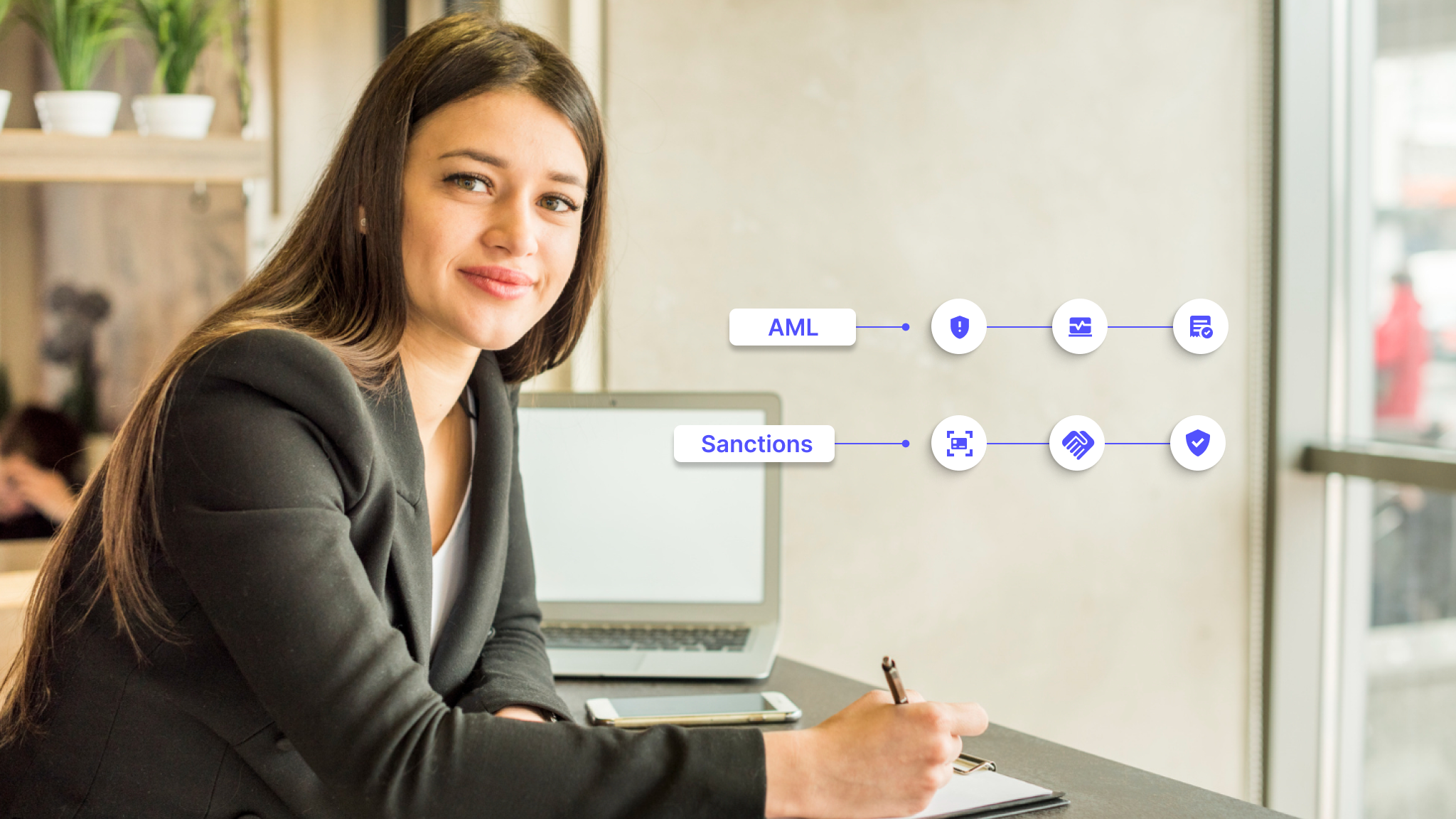






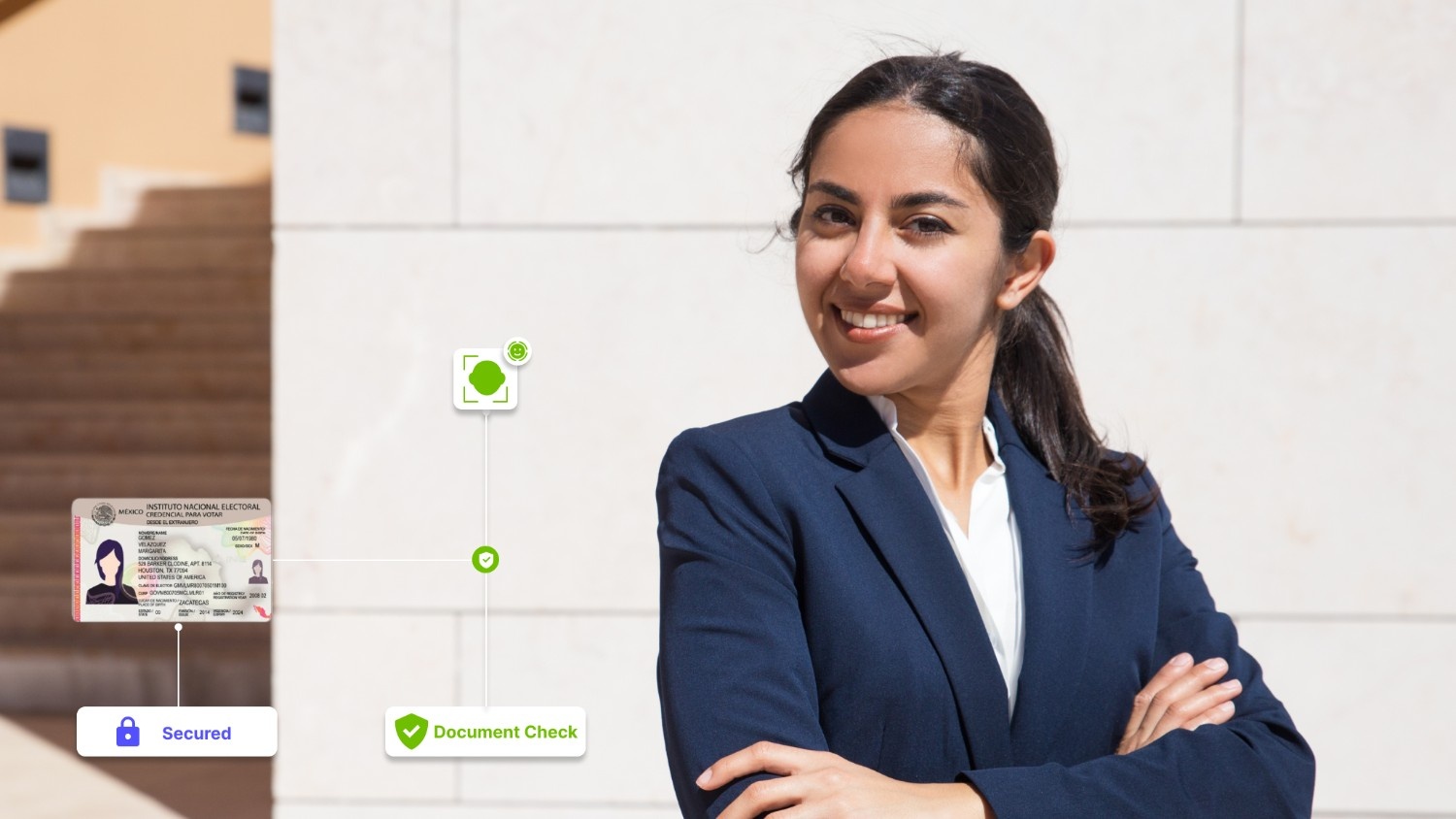








.jpeg)

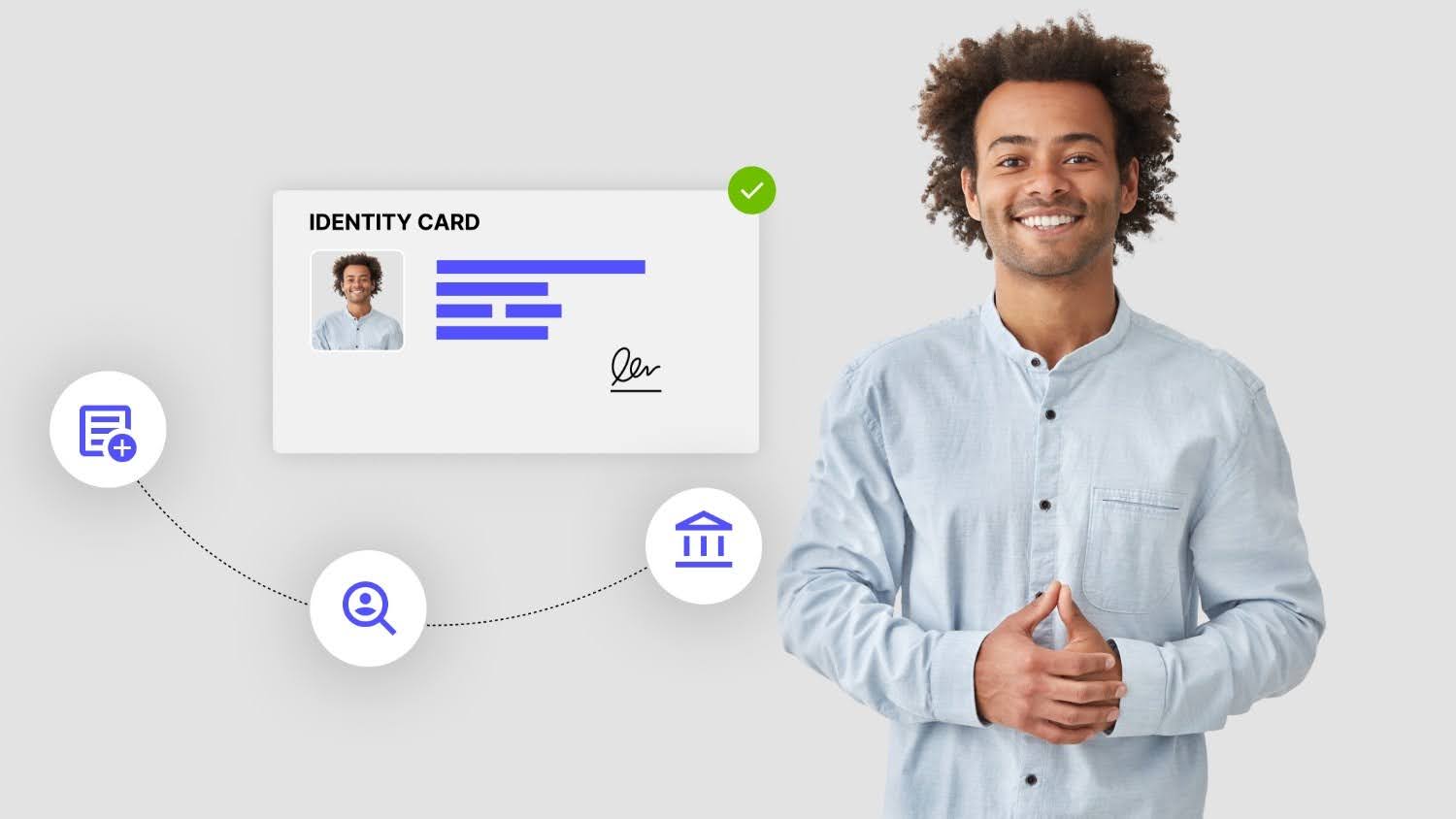


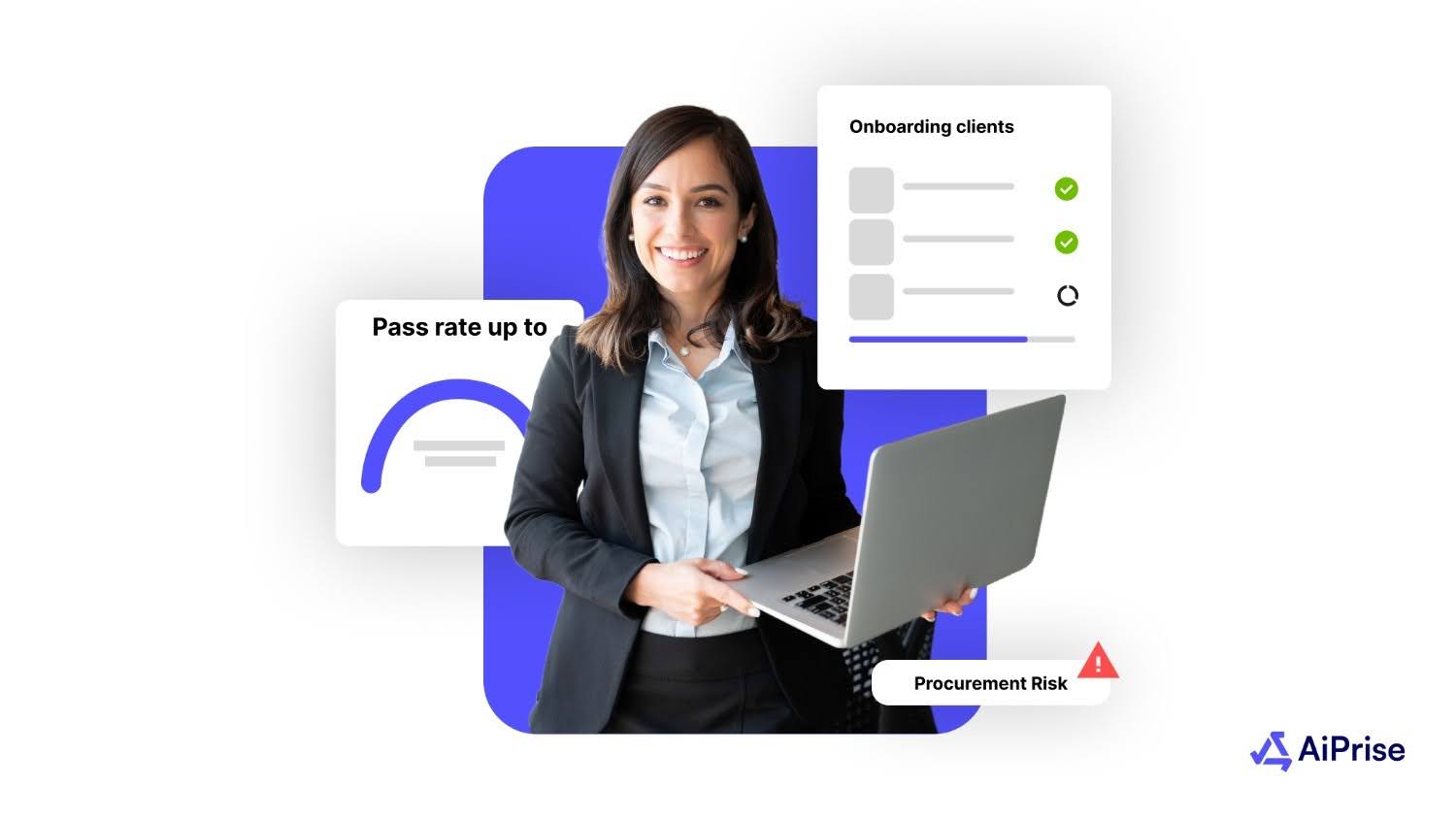
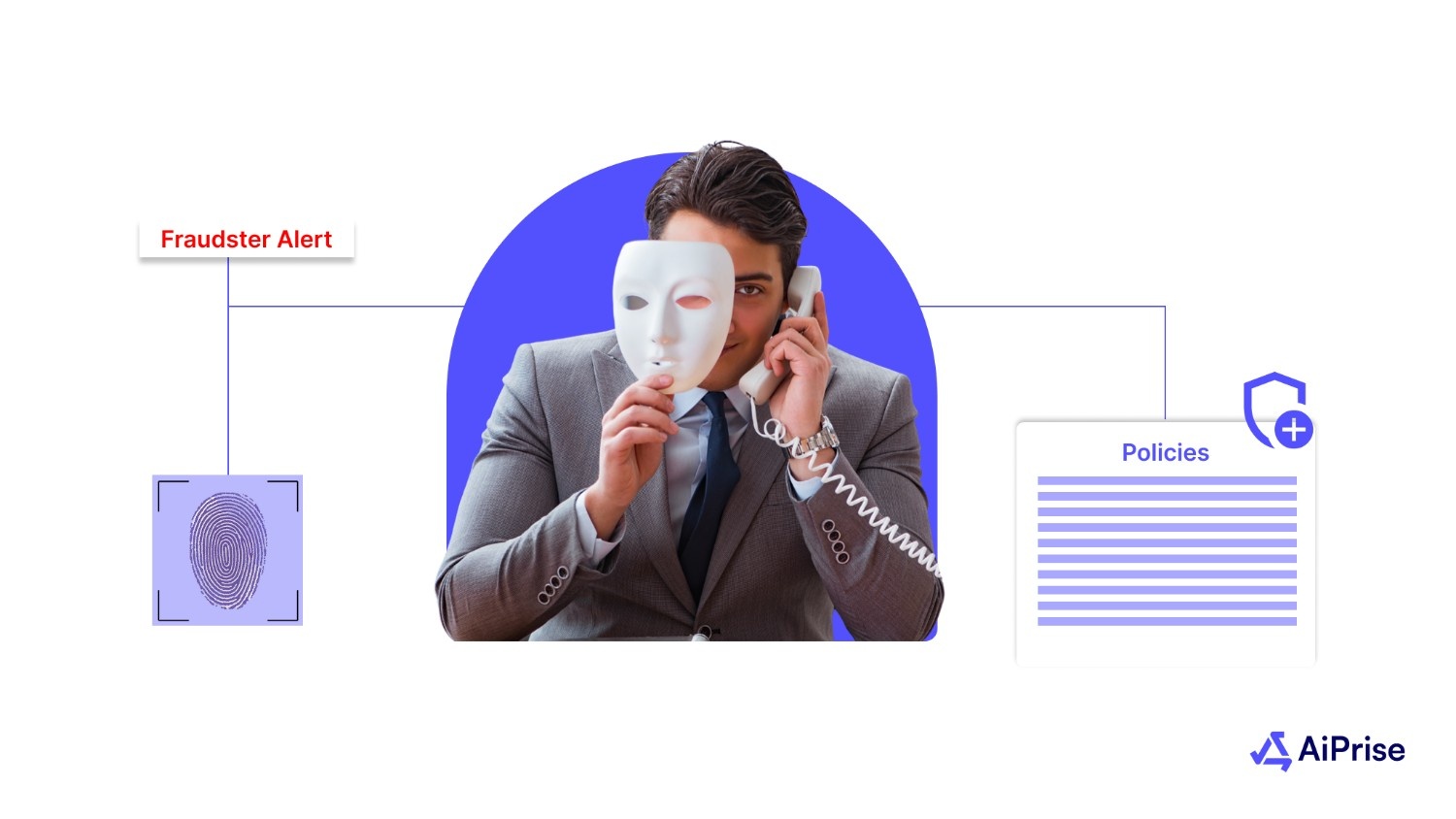
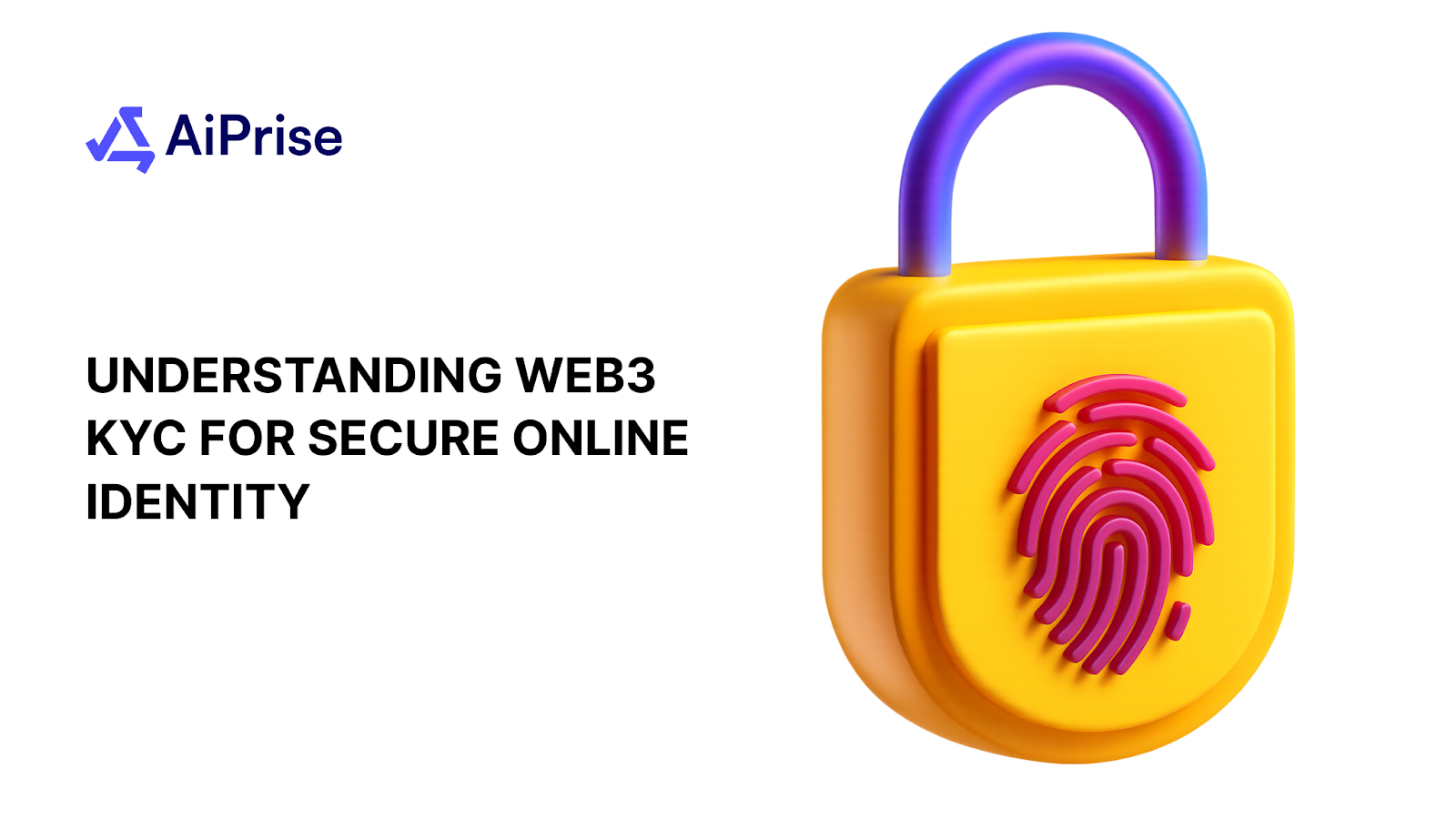
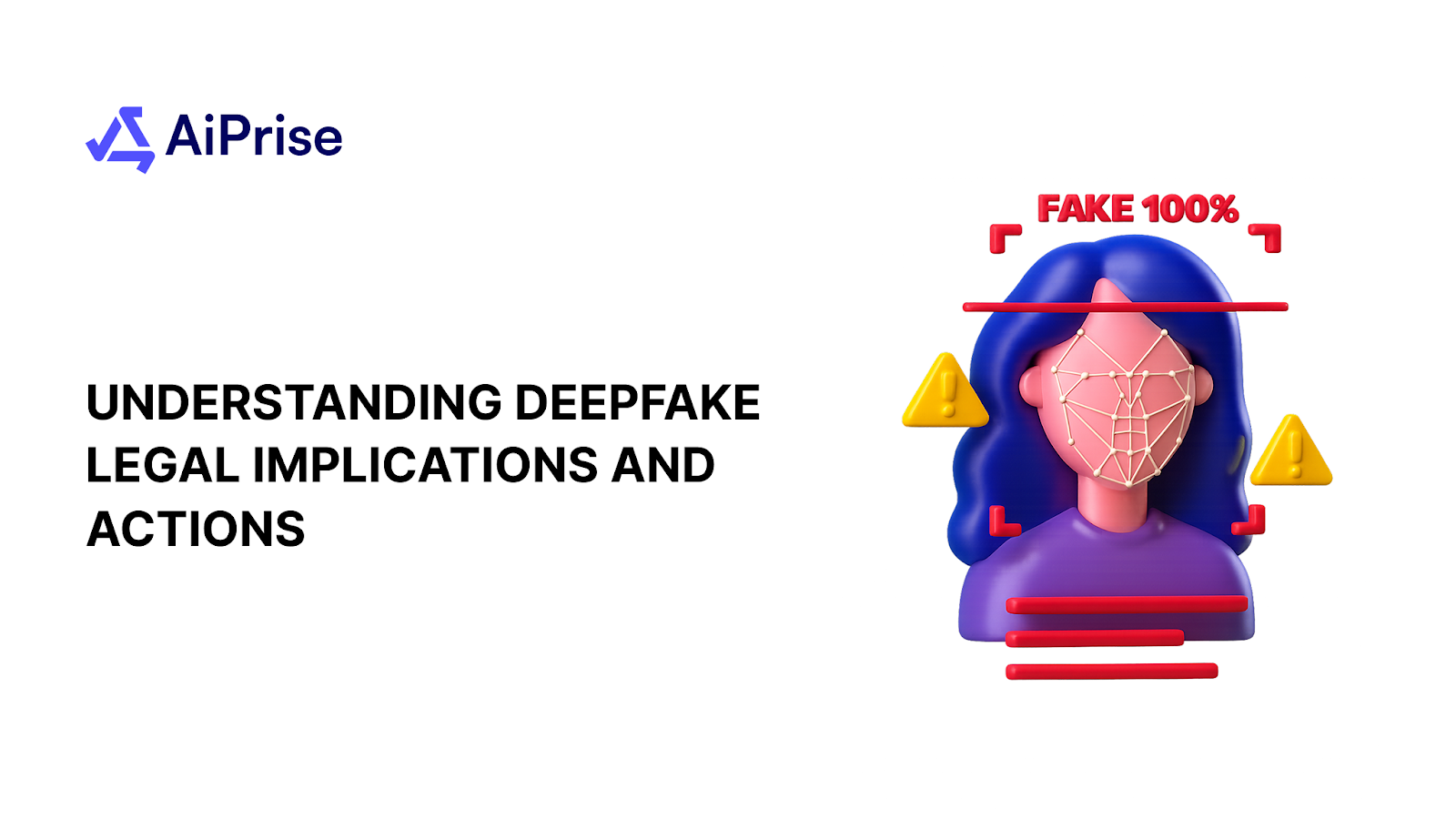
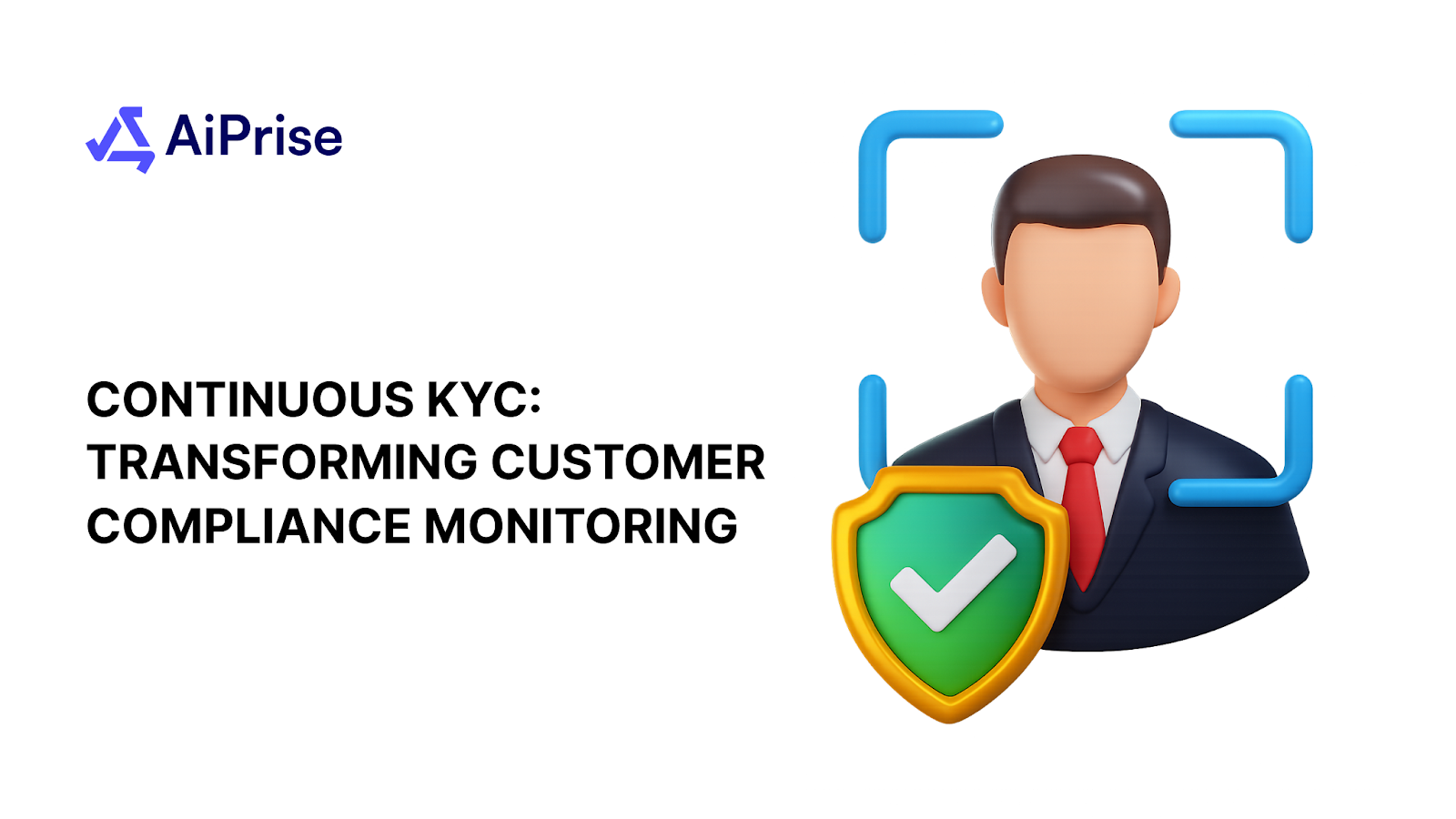
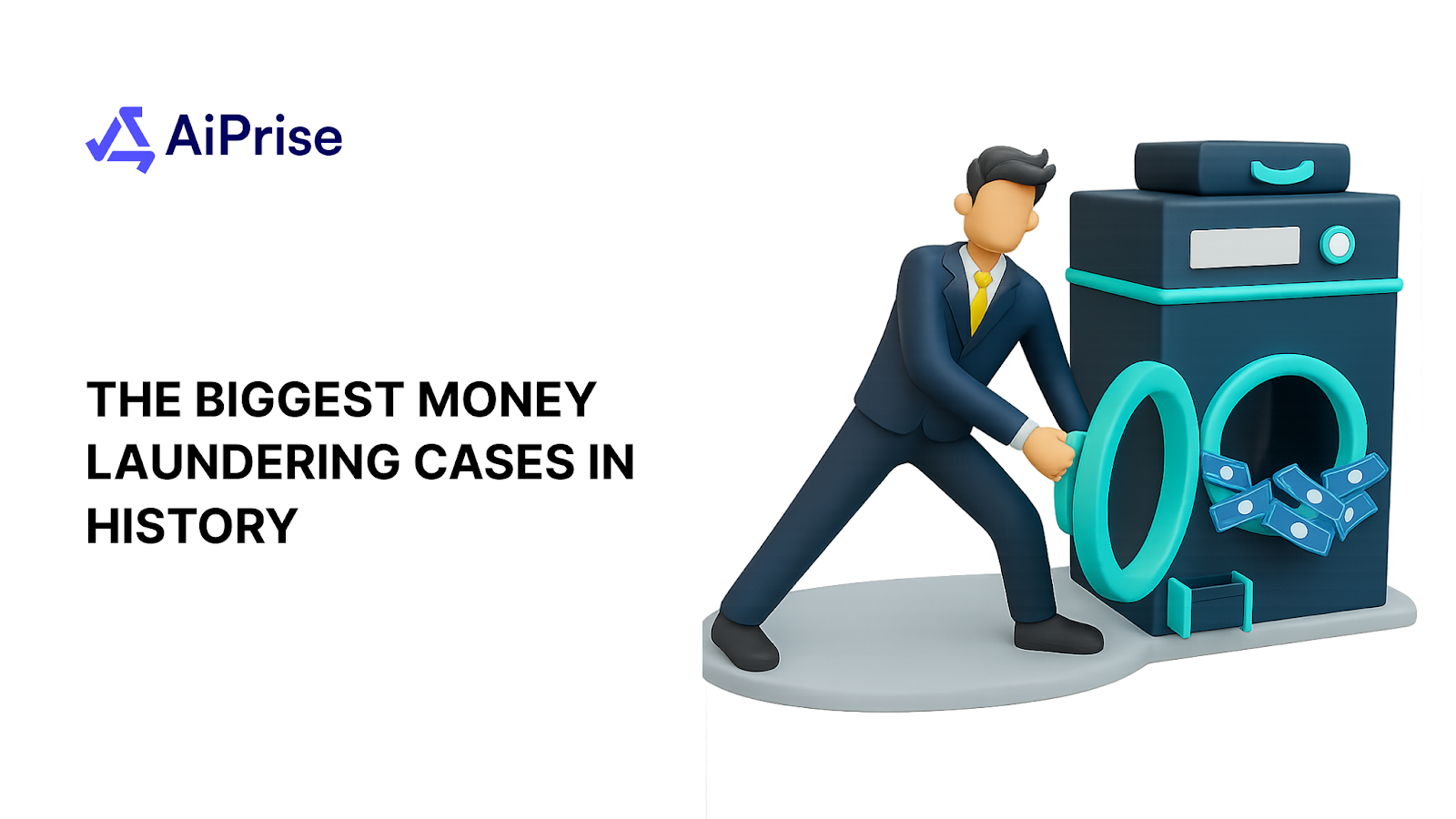
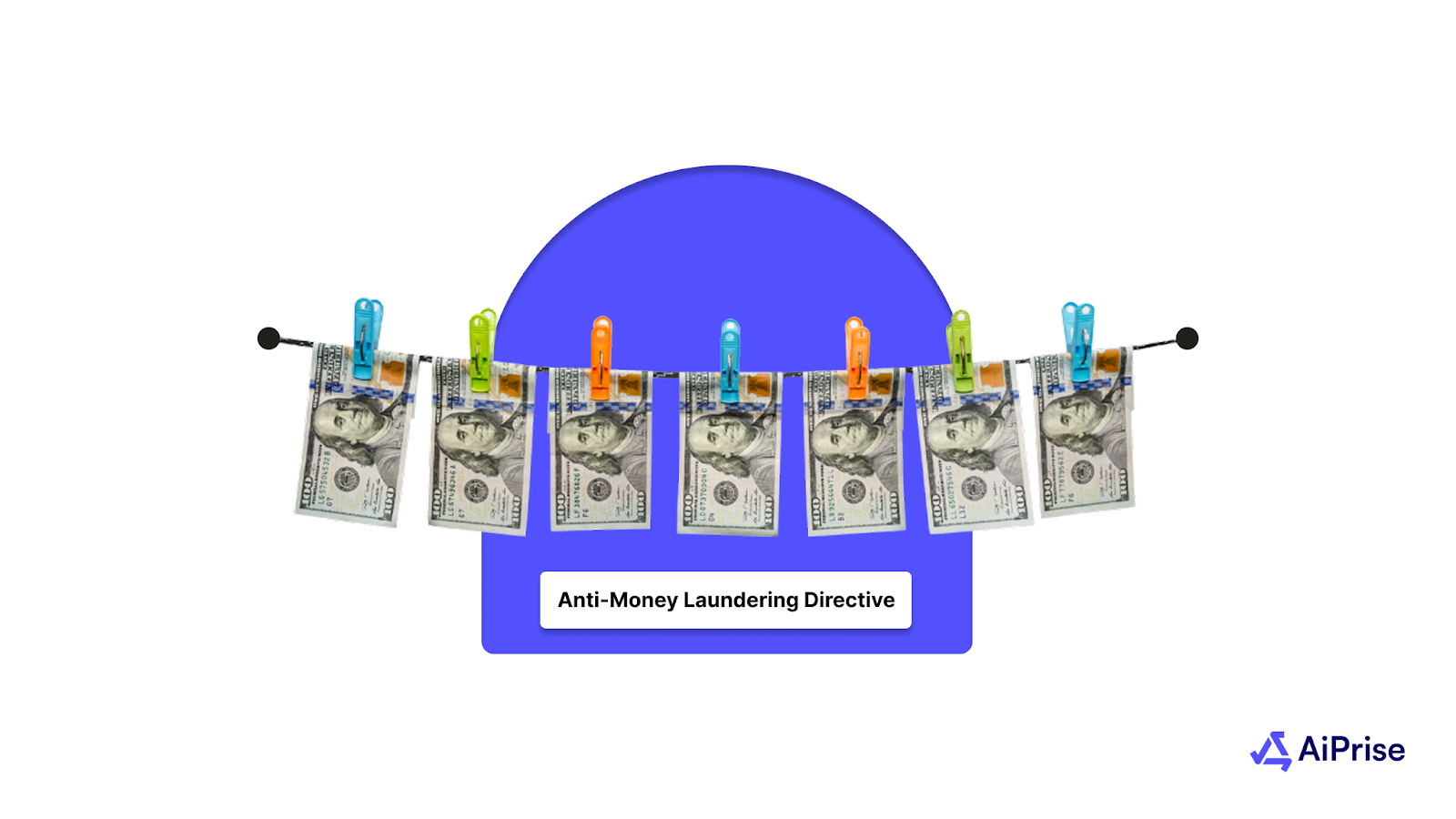
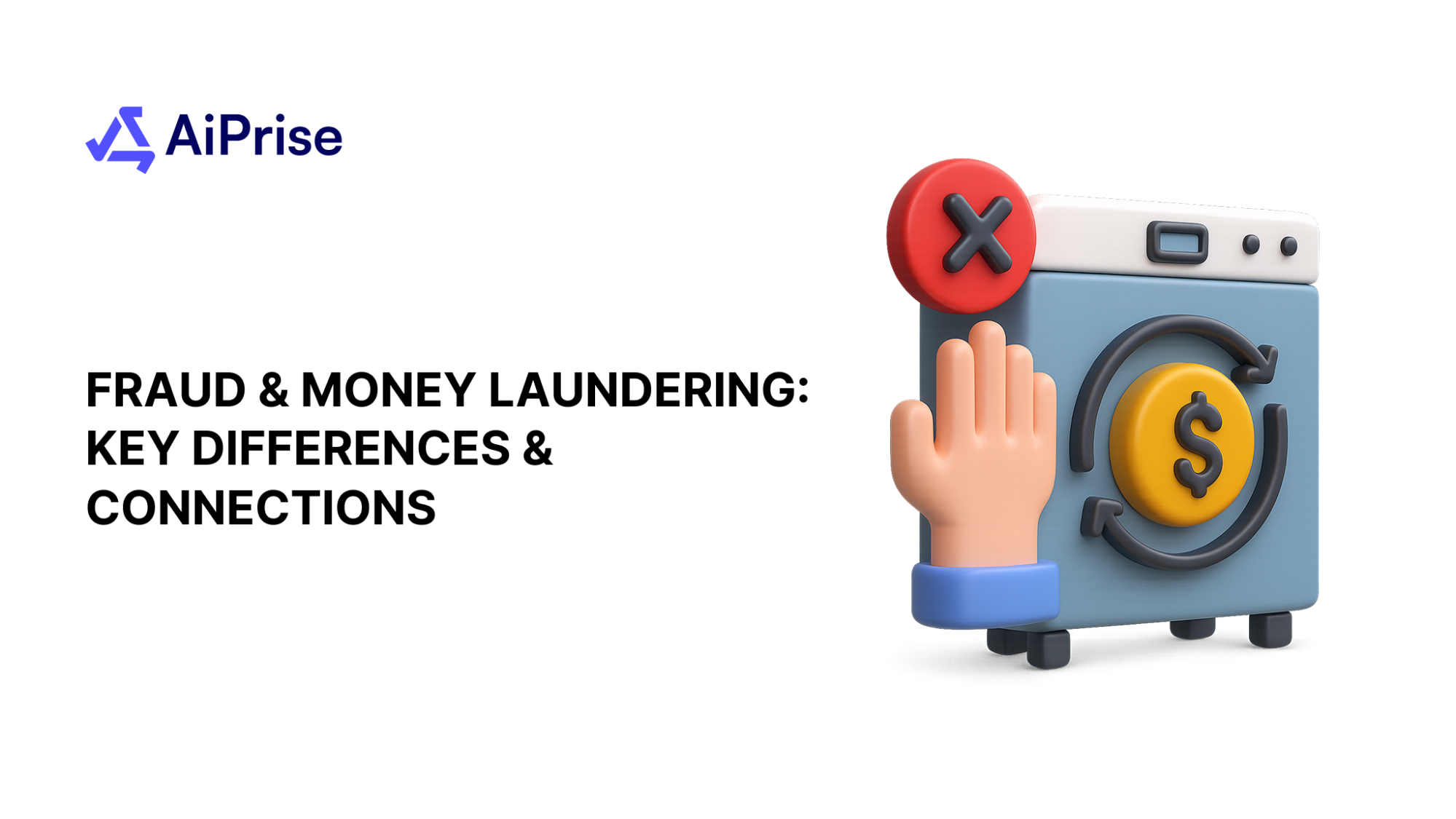
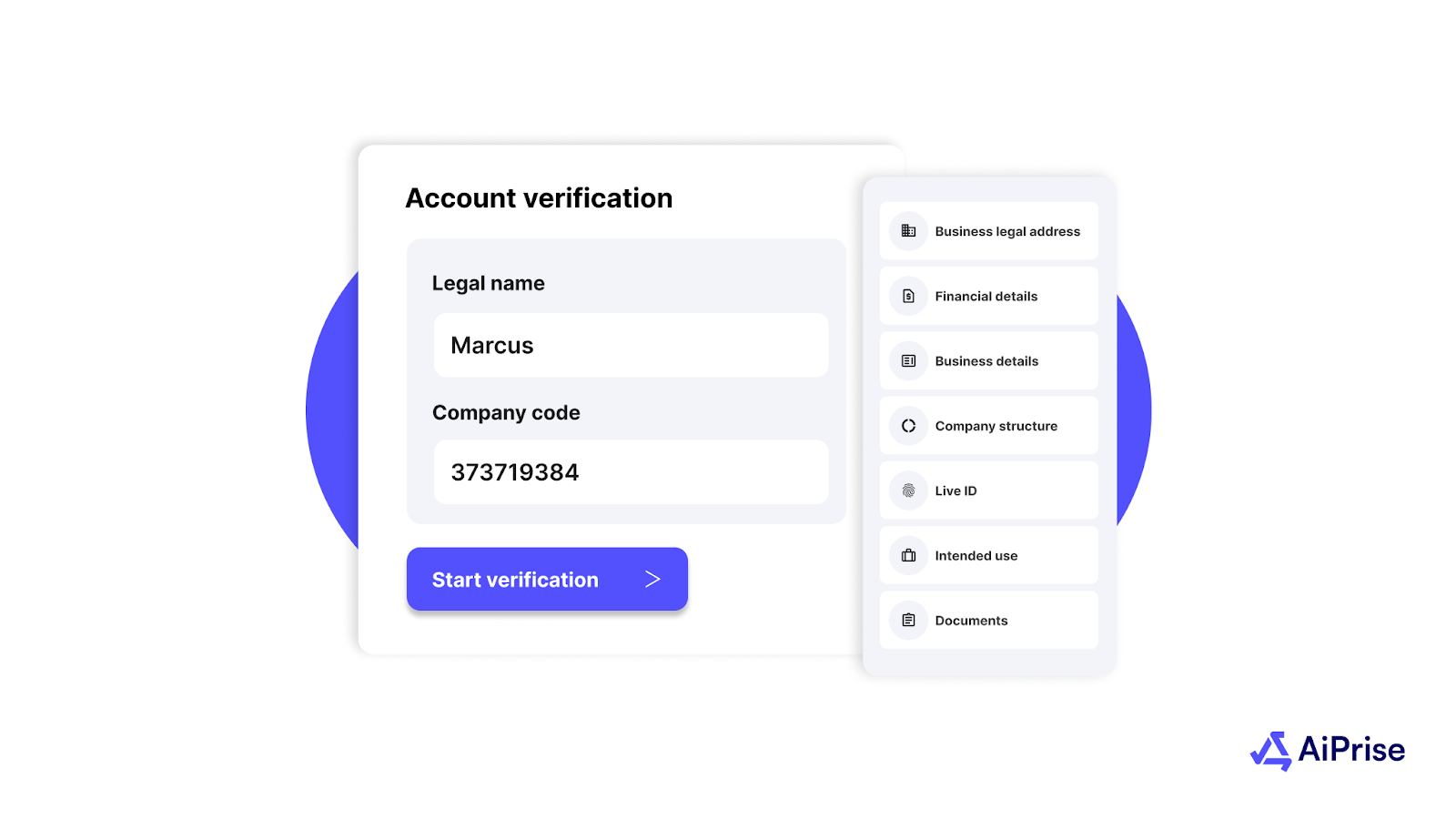

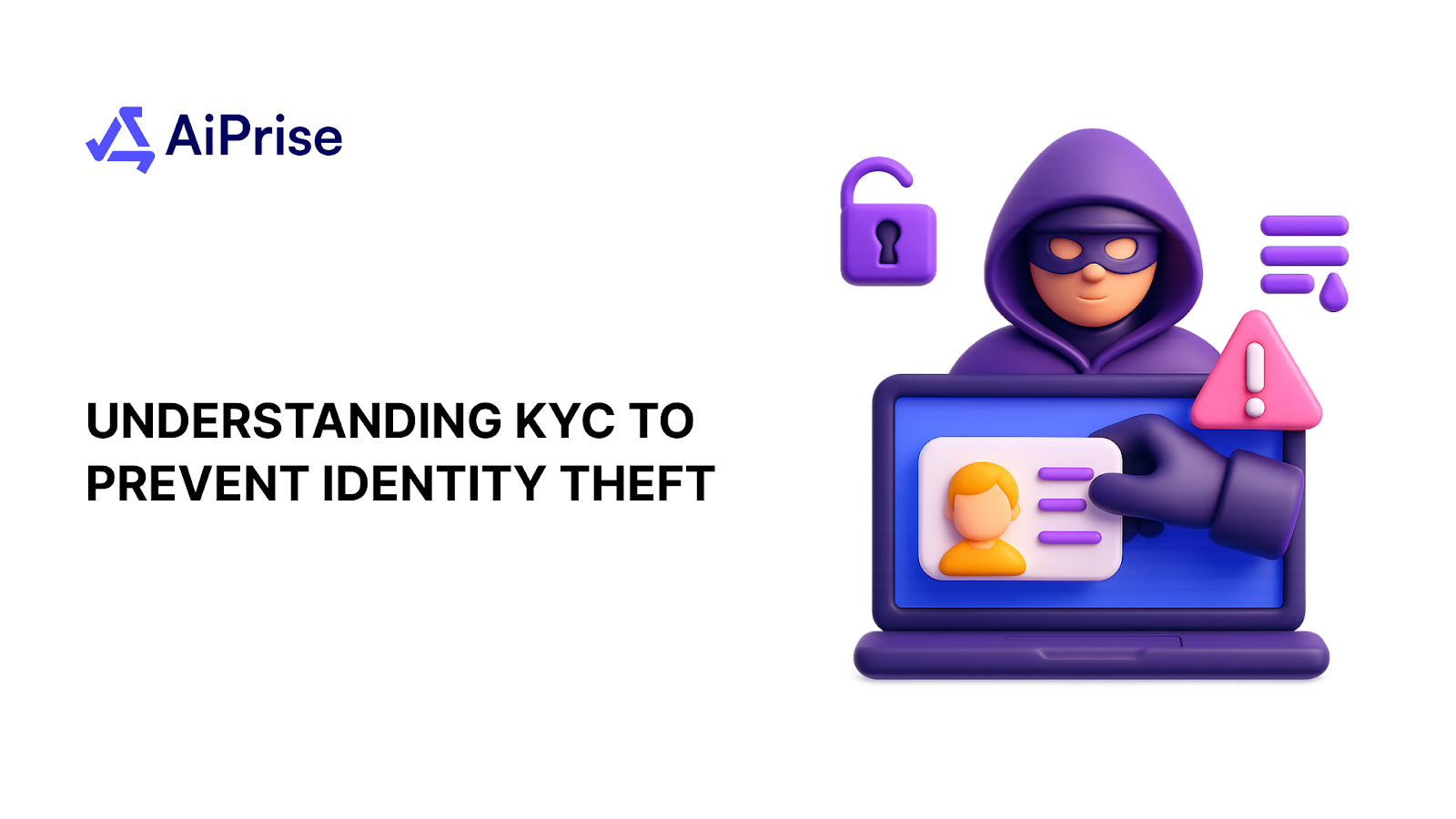
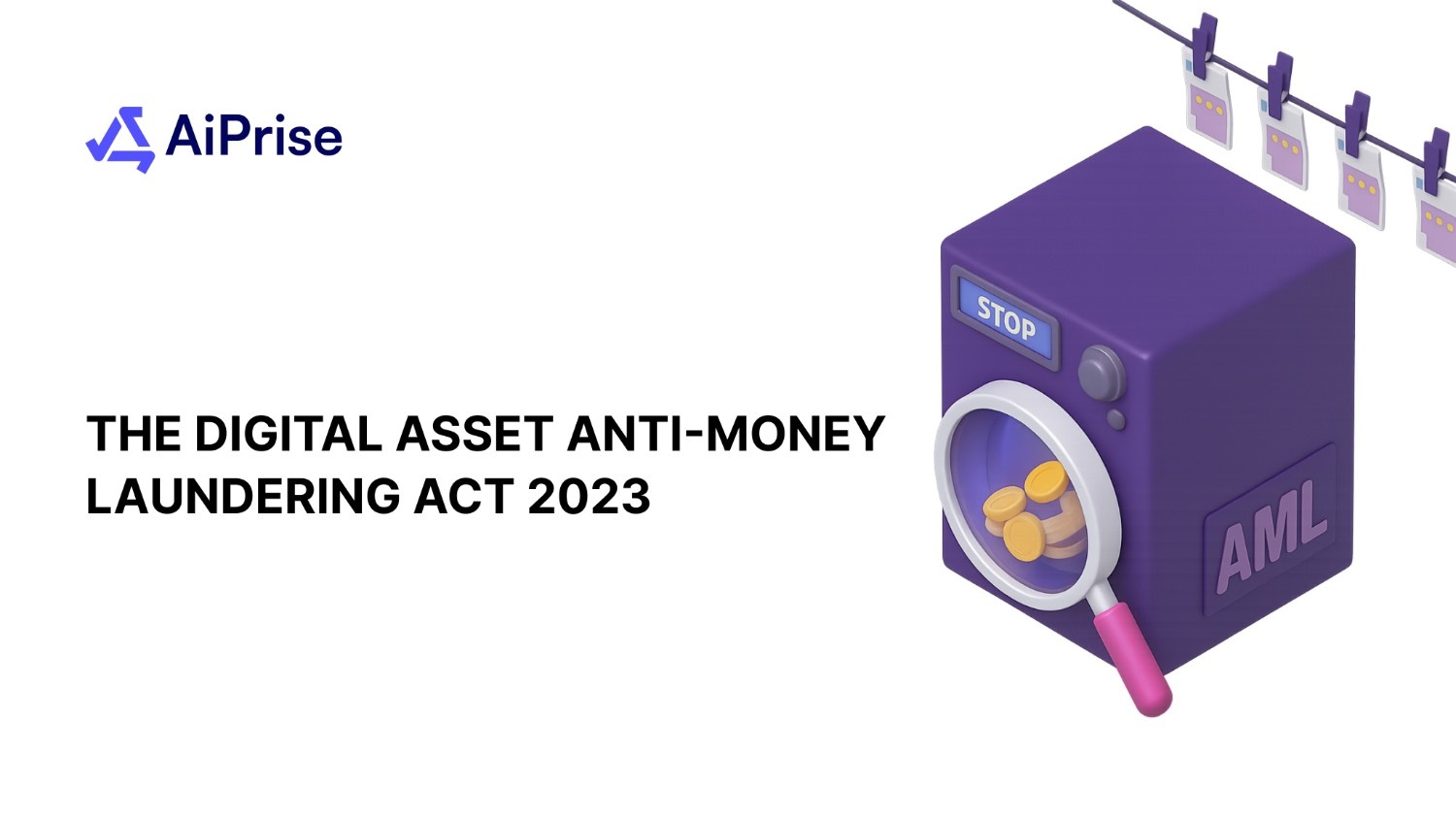


.png)
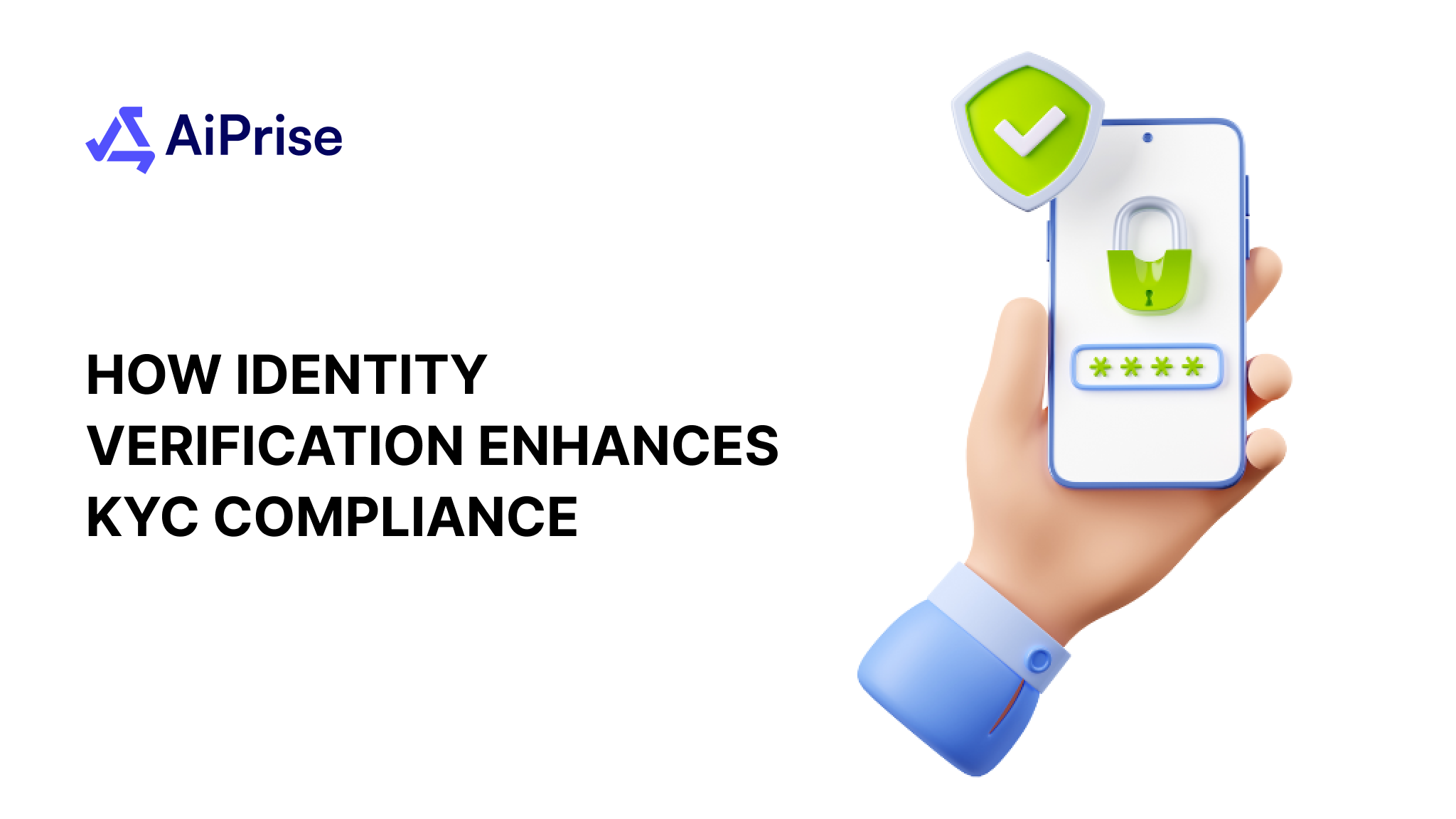
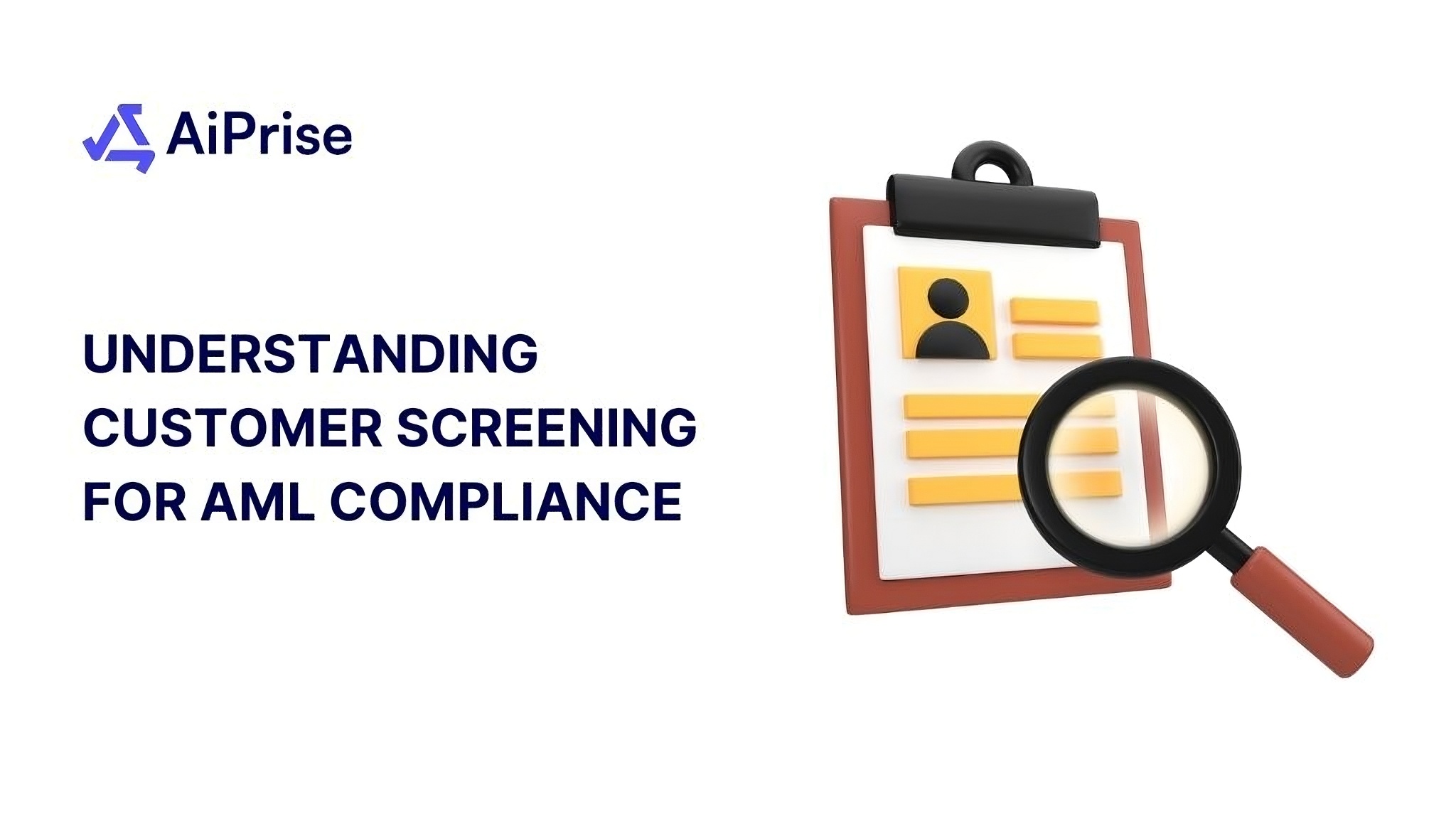

.png)
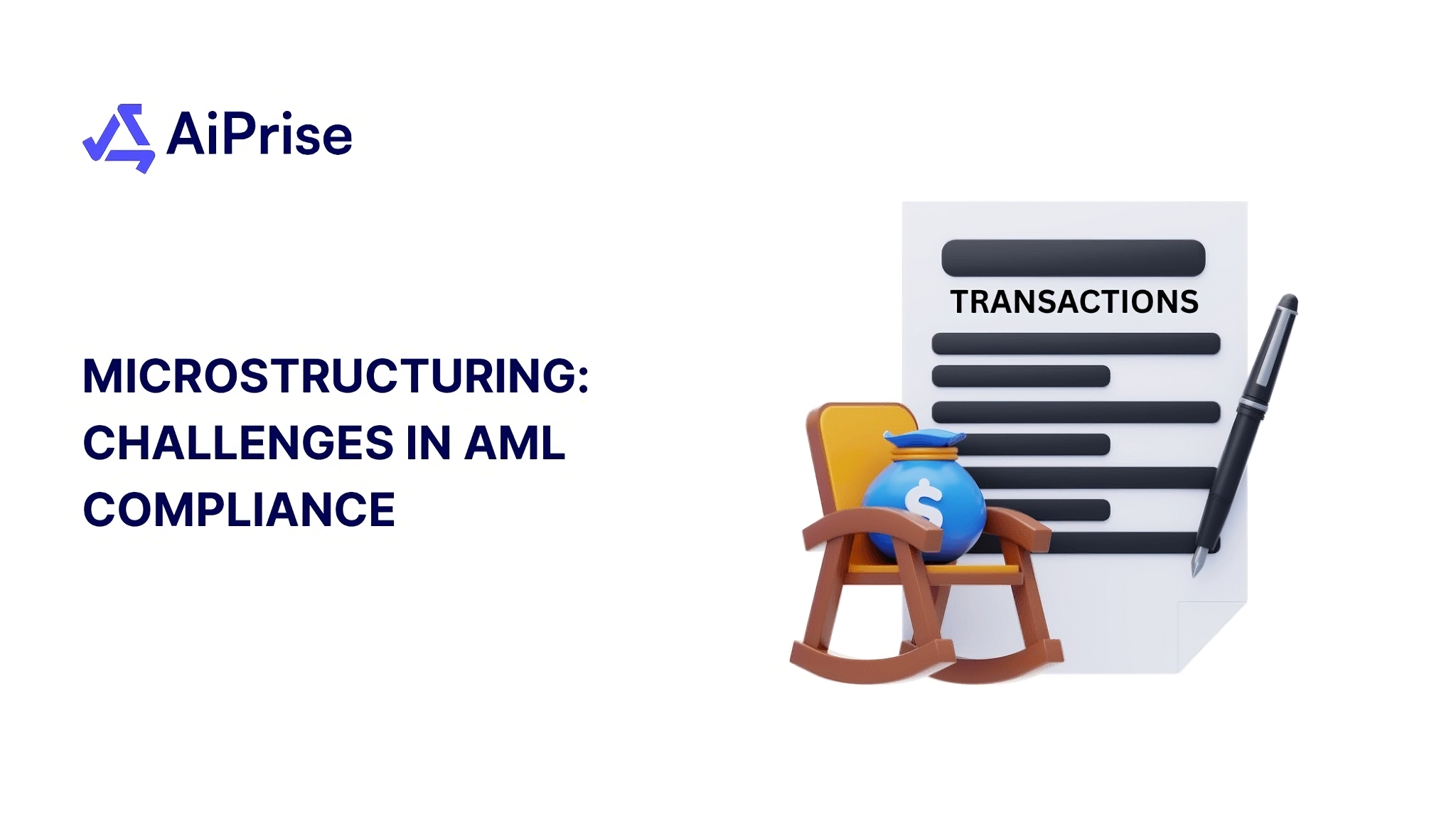

.png)
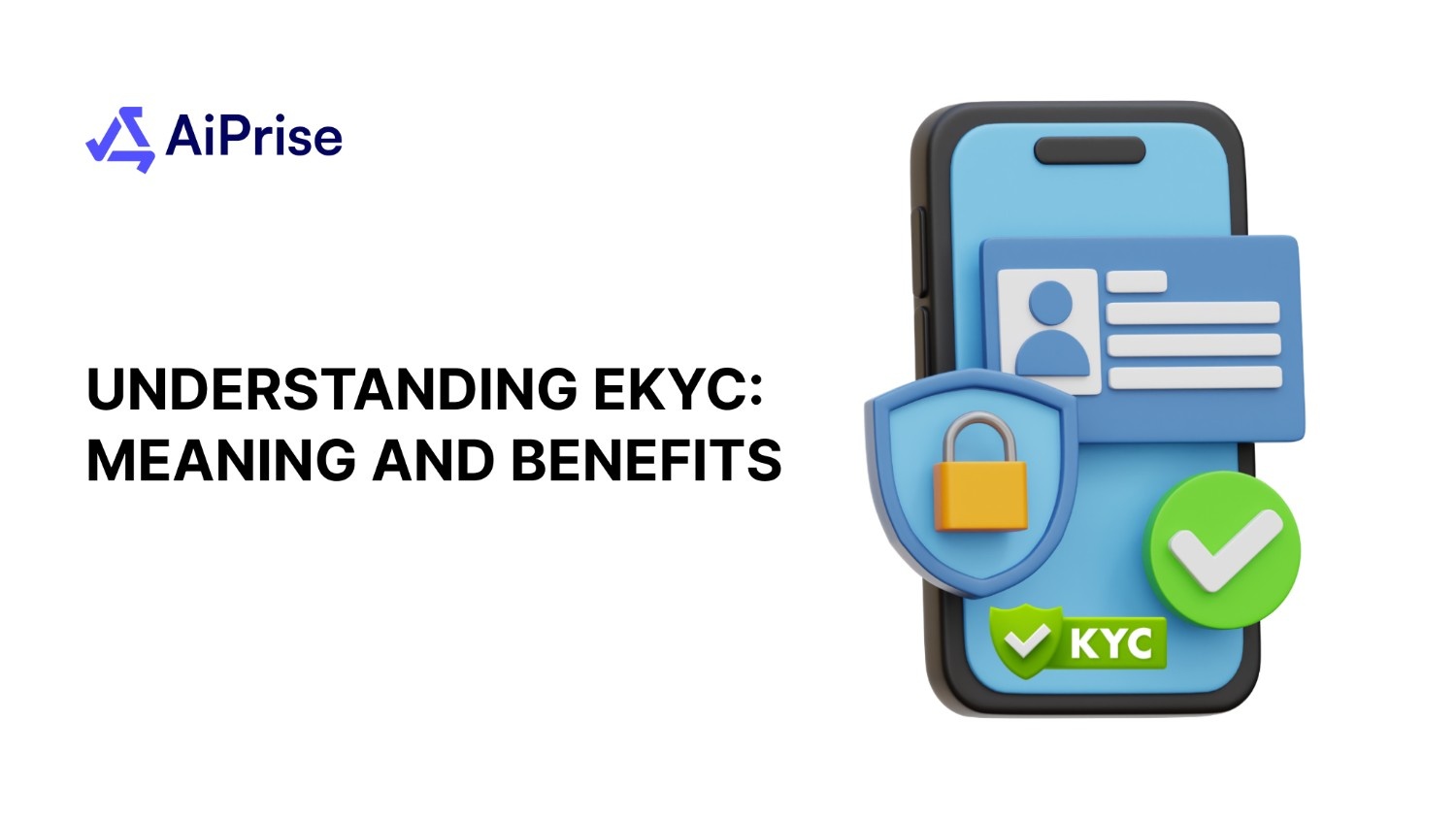
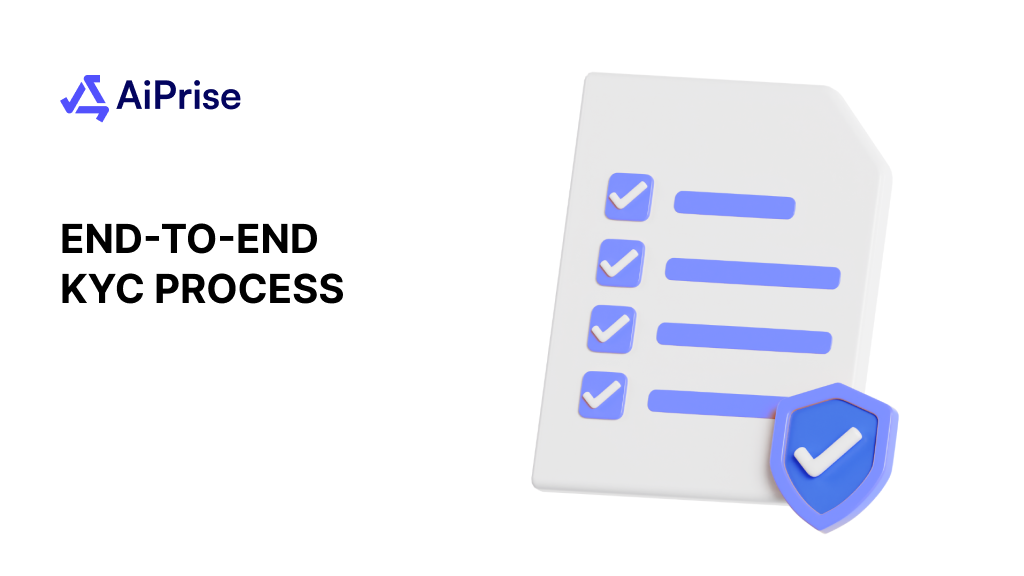
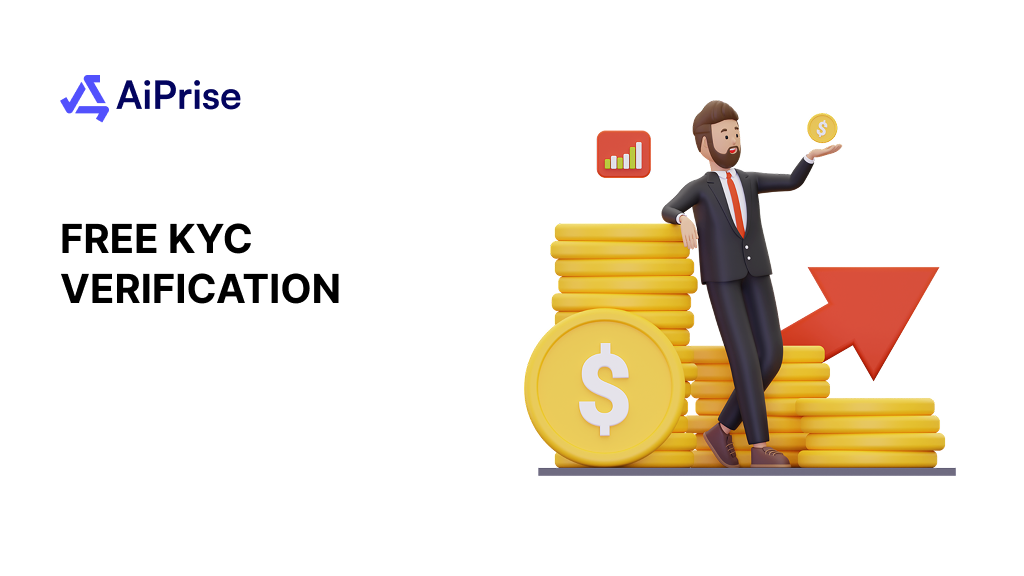
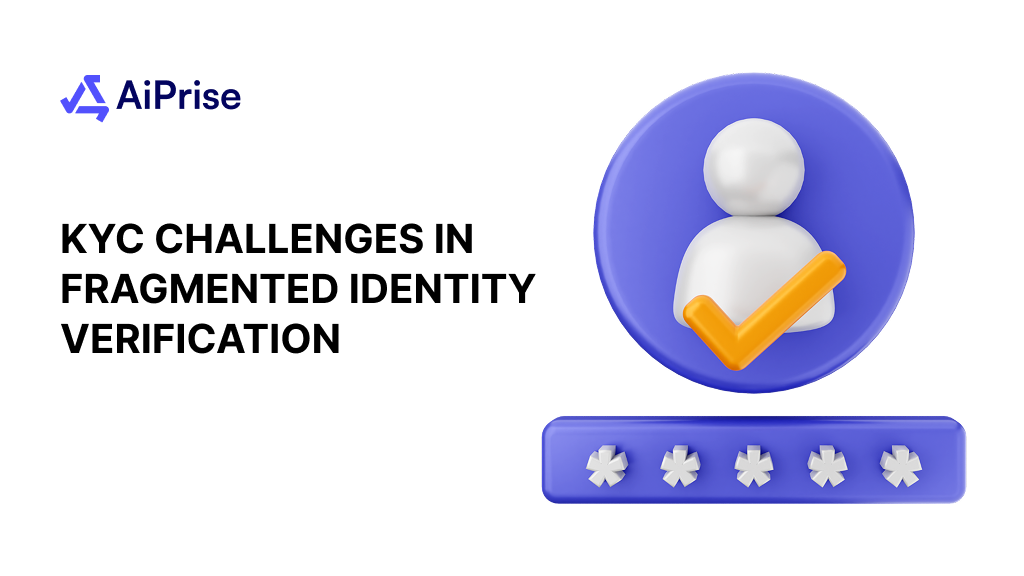

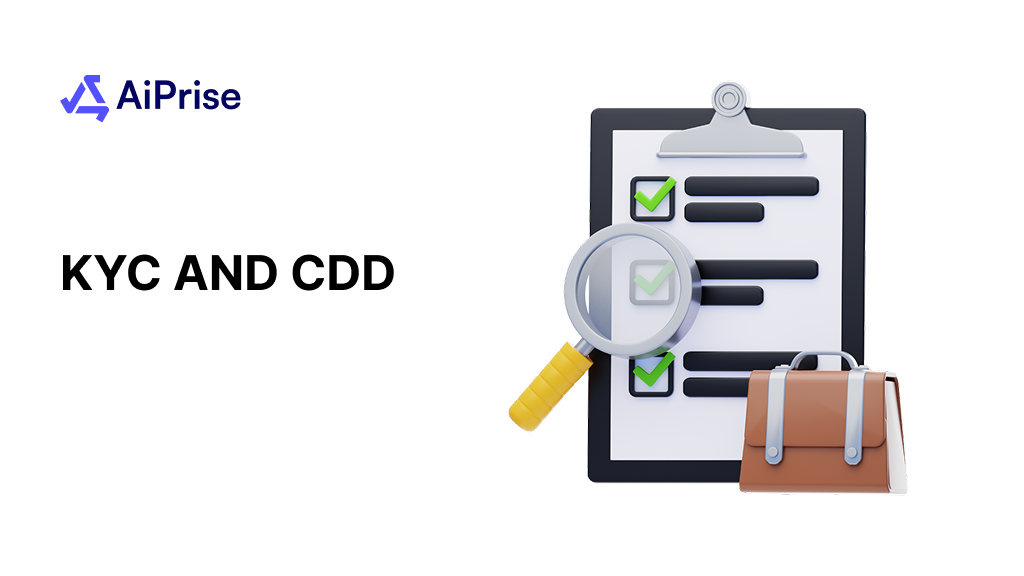










.png)





